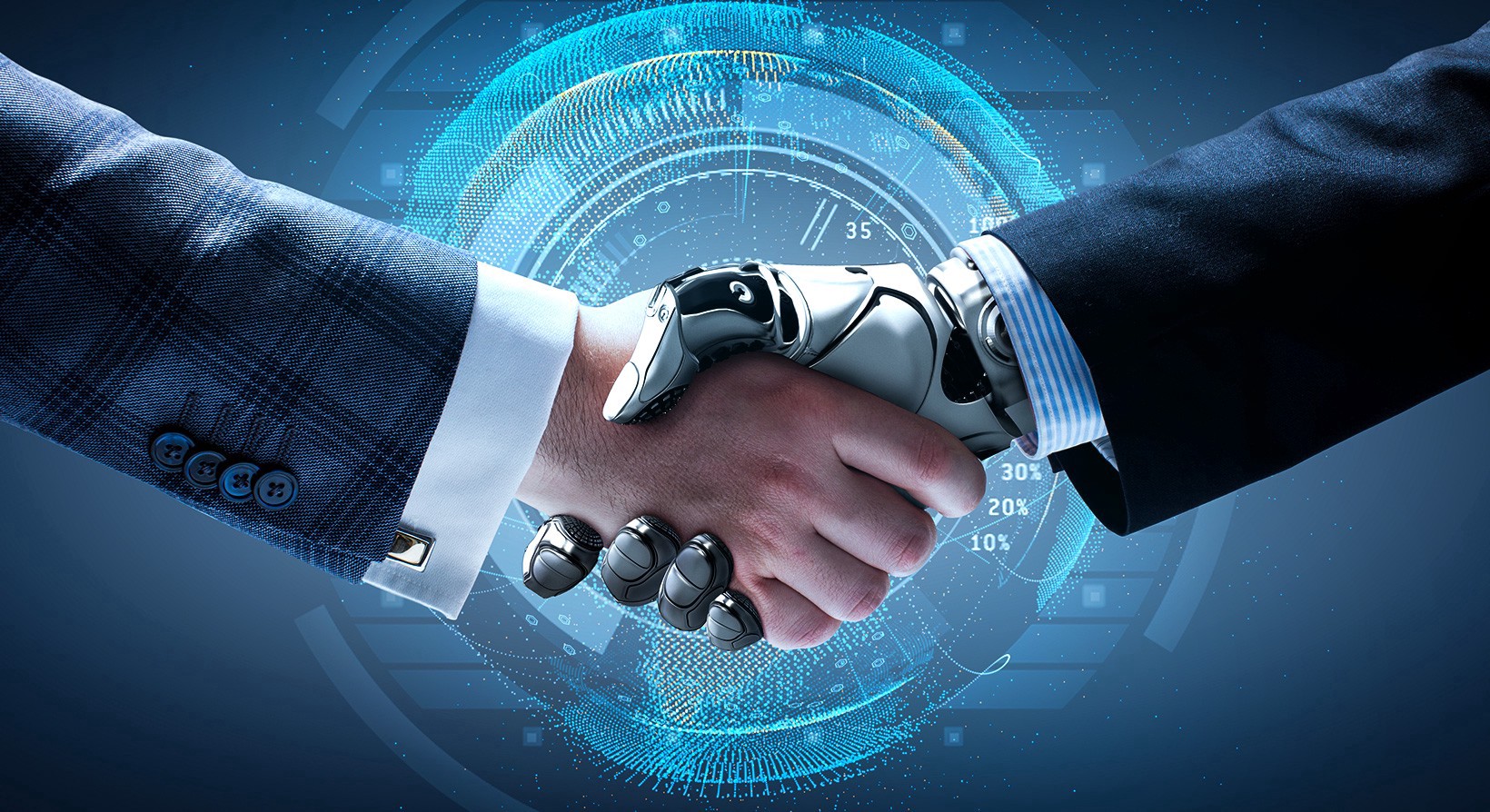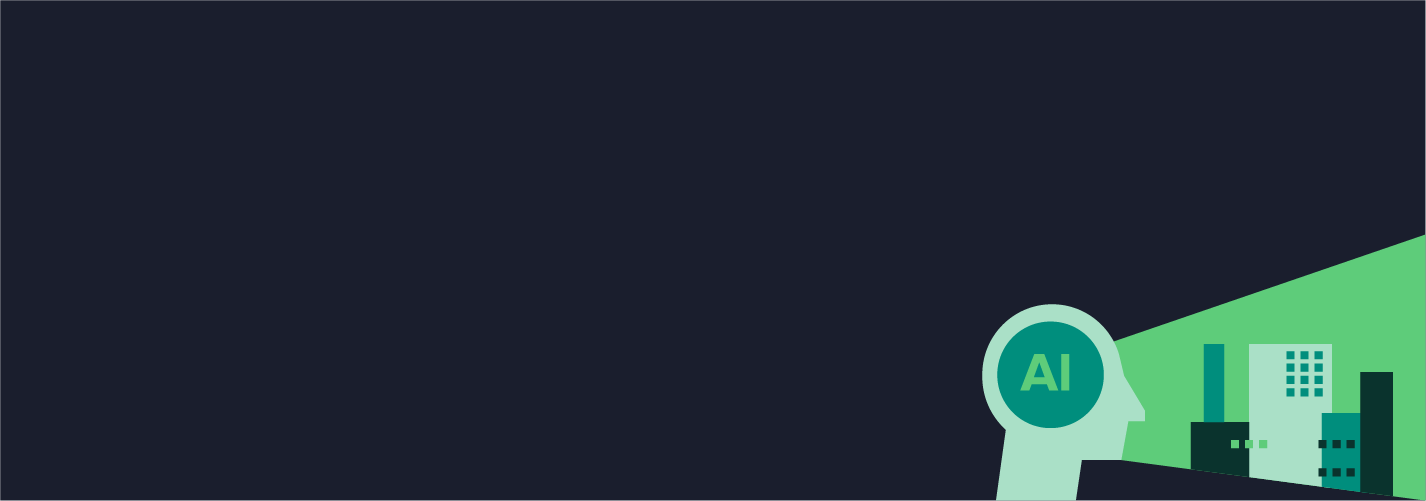
Artificial intelligence is shaping the future of work around the world in virtually every field. The role AI will play in employment in the years ahead is dynamic and collaborative. Rather than eliminating jobs altogether, AI will augment the capabilities and resources of employees and businesses, allowing them to do more with less.
In more hands-on industries, AI will enable widespread automation with many employees moving into more engaging, technical roles. Some theorists even argue that this large-scale shift toward automation will lead to higher wages for more people. AI is becoming a vital part of everyday life, with particular emphasis on these top five areas.
1. Customer Service
One of the first areas where AI was used in the mainstream was customer service in the form of rudimentary chatbots. These bots were only capable of answering specific questions and returning pre-programmed responses. As a result, customer service has still been reliant on human customer service agents for the past several years. However, this could change in the near future.
As natural language processing (NLP) and machine learning (ML) improve, they will enable AI to independently perform robust customer service. NLP allows AI to carry on realistic conversations and process realistic language rather than simply scanning for keywords and delivering a pre-programmed response. These AI customer service agents will be able to offer full-service support for most customers, greatly reducing the strain on human customer service agents who would be reserved for only unique or highly technical cases.
2. Recruitment
Recruitment AI has been in the spotlight more than other workplace AI applications. This is largely due to controversy over AI displaying bias against women and minorities due to inherent bias in training data. Nonetheless, AI does have great potential in recruiting. Data bias simply needs to be resolved in order for recruitment AI to achieve widespread use.
Various developments in more transparent AI, such as explainable AI, are going a long way toward improving the impartiality of recruitment AI. In fact, a recent survey found that 67% of recruiters and hiring managers say AI helps them save time, while 43% also reported that AI helps them remove bias from the hiring process.
3. Entrepreneurship
One exciting prediction about AI’s impact on the job market will fuel entrepreneurship. Leading AI and robotics researchers predict that when AI automates a significant portion of the economy, humans will get higher pay and pursue more entrepreneurial ventures. While a shift on this scale has not occurred yet, AI is already changing the landscape for entrepreneurs. Starting a business can be challenging since new owners have to get up and running with a skeleton crew of staff and minimal resources.
AI enables new businesses to impact far above their size or scale by augmenting the talent startups and unlocking various capabilities that would otherwise only be available to large teams. For example, AI is helping entrepreneurs grow and analyze their business value through optimization and automation. This takes various forms, from reducing operational costs to automating customer service. Increasing business value allows entrepreneurs to acquire more funding and support, enabling them to grow and expand even further.
4. Personal Assistants
One incredible new AI development that could revolutionize the workplace is artificial life. Samsung’s future tech researchers at STAR Labs have developed an early form of artificial life they call Neon. This project aims to take advanced artificial intelligence into a physical form and personality, creating adaptable, realistic digital life. The Neon “avatars” are unique, both physically and in terms of personality. They can remember and build on conversations, creating real relationships with the people they interact with.
This technology is largely still conceptual and not yet ready for mainstream adoption. Still, developers have expressed their intent for artificial humans like the Neons to take on various jobs, such as “personal assistant” and “yoga instructor.” The Neon avatar AIs could be revolutionary for filling in the gaps in the job market, meeting demand in areas like telehealth, tech support, and education.
5. Transportation
Driverless cars have been on the rise for years, but reliable, mainstream, AI-powered transportation is closer than ever to reality. Autonomous driving technology has come a long way despite accidents and setbacks over the last several years. Tesla’s popular autopilot feature gave the world a taste of consumer autonomous vehicle technology. The cutting-edge vehicle manufacturer is developing a fully autonomous semi-truck that would be crucial for ending the shortage of truck drivers in the United States.
Driverless cars will significantly impact the ride-sharing industry, likely resulting in fewer jobs for drivers. Uber and Lyft drivers won’t be getting let go any time soon, though. It is much more challenging to develop a trustworthy AI for pedestrian traffic than highway travel since there are far more obstacles and variables on residential and city roads. The AI that powers driverless cars will need to develop much more through hundreds of thousands of hours of road data before they are fit for mainstream public transportation.
The AI Workplace
While AI will undoubtedly eliminate specific jobs, it won’t leave millions unemployed. Instead, it will create entirely new jobs and open the door for many more people to start their businesses.
AI will increase fairness in hiring, fill staffing shortages, transport goods around the country, and help businesses offer world-class customer service. In the future of work powered by AI, humans will pursue the company of their dreams, earn higher wages, and experience a safer, more innovative work environment.





